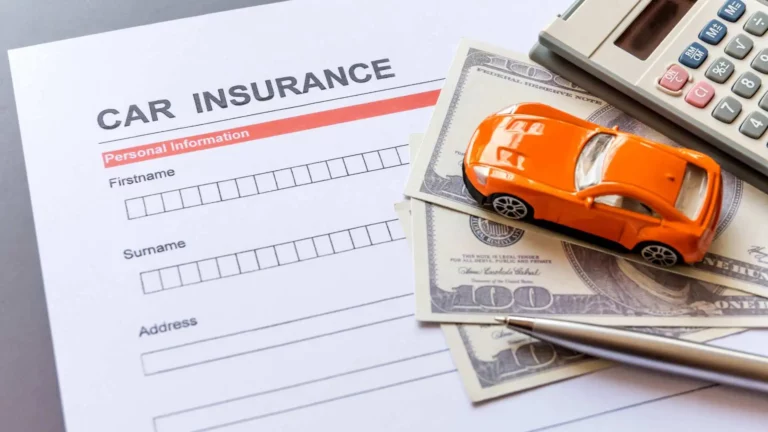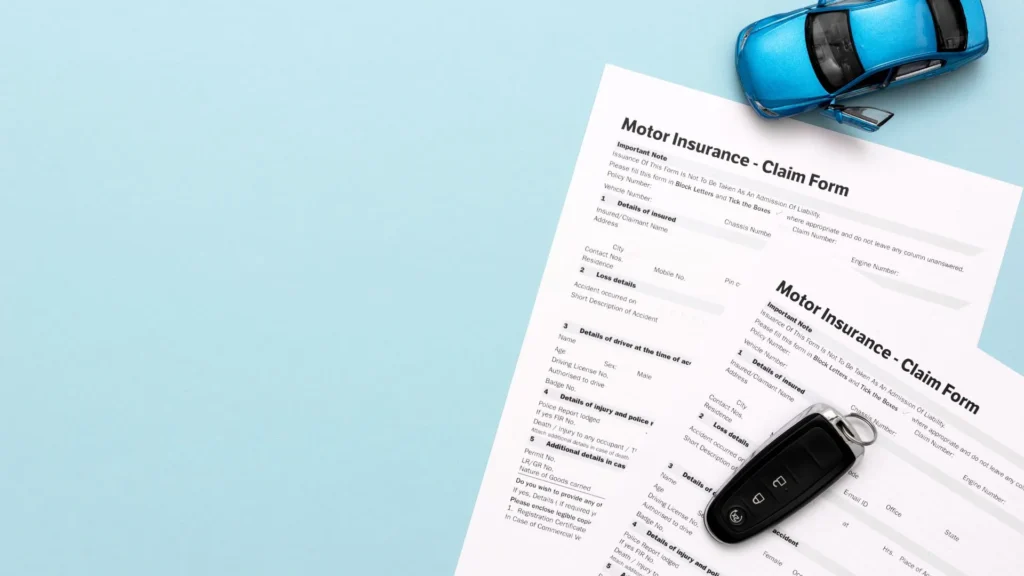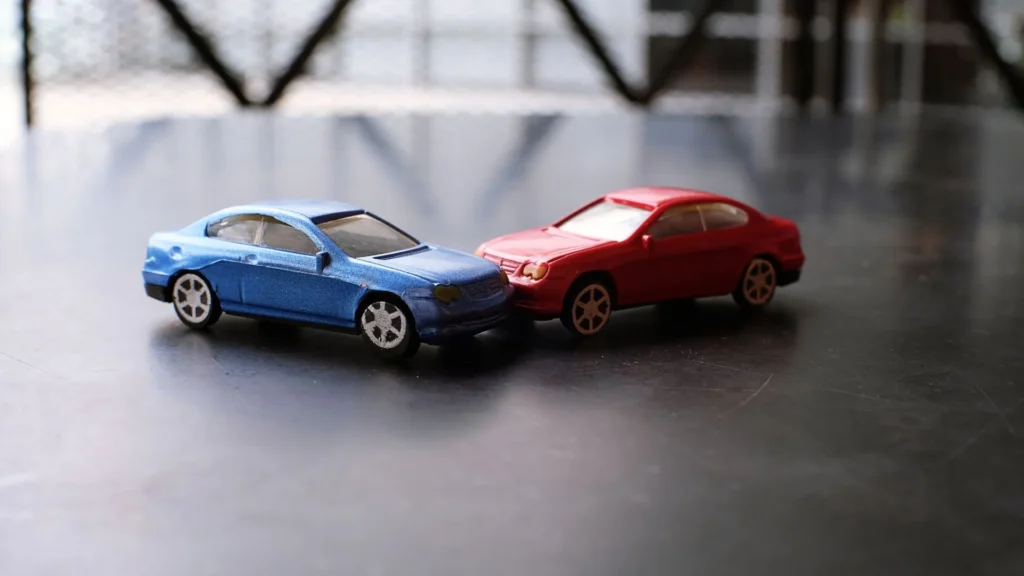Most of us cherish the daily adventure of taking our four-wheeled companions on a journey. However, the road can often throw unexpected challenges our way, and one such unexpected foe may be rodents. From mischievous mice to cunning squirrels, these tiny creatures can wreak havoc on your vehicle, causing damages that range from annoying to downright expensive. Does Car insurance cover rodent damage?, and understanding its details is vital for safeguarding your vehicle against these unexpected threats.
Does Your Car Insurance Policy Offer Protection Against Damages Caused by Rodents?
Your car insurance policy will protect you from any damages caused to your car by rats or other pests if comprehensive coverage is included. Comprehensive coverage safeguards against the financial implications of such incidents, providing a complete solution to protect your vehicle from the unexpected havoc these tiny intruders may wreak.
Does Car Insurance Cover Rodents Chewing On Wires?
If your insurance includes comprehensive coverage, you may claim damages from rodents eating on your car’s wiring. However, it is to check the specifics of your policy. Still, in most cases, comprehensive coverage extends its protective umbrella to cover the costs of repairing or replacing wiring damaged by rodents.
How Do Car Insurance Policies Address Rodent Damage and Chewed Wires?
Typically, coverage for rodent damage falls under the umbrella of comprehensive coverage, a component of auto insurance that extends protection beyond collisions. Comprehensive coverage addresses non-collision events, including vandalism, theft, natural disasters, and, pertinent to our concern, damage caused by animals.
Rodents, notorious for seeking shelter in engine bays and gnawing on wiring, fall into this category. If you carry comprehensive coverage in your policy, you can generally file a claim for reimbursement for the repair or replacement costs associated with rodent-induced damage.
It’s important to note that comprehensive coverage typically comes with a deductible, which you must pay from your pocket before your insurance coverage kicks in. When fixing car wiring damage, remember that your insurance covers the cost only if it exceeds your deductible. For instance, if the repair bill is $500 but your deductible is $600, insurance won’t apply, leaving you responsible for the entire amount.
Why Do Rodents Chew On Car Wires?
The habit of rodents chewing on car wires stems from a combination of factors. Their continuously growing teeth drive them to gnaw on hard materials like wires, promoting dental health. Car wires, with insulating and soft materials, also attract rodents for use in nesting. The warmth of engine bays, especially after a recent drive, may lure rodents during colder seasons.
Additionally, territorial marking, the search for food residue, and instinctual chewing behavior contribute to this puzzling phenomenon. Understanding these reasons can guide preventative measures, such as maintaining a clean car, using repellents, and choosing rodent-proof parking spots to minimize the risk of wire damage.
How Does Comprehensive Cover Rodent Damages?
Comprehensive insurance, an optional addition to your existing auto policy, offers coverage for damages to your car resulting from non-collision incidents. This includes theft, vandalism, fires, fallen trees, flooding, and even damage caused by rodents or other animals.
In many states, comprehensive coverage also encompasses glass repairs without the application of a deductible. Given the unpredictable and potentially costly nature of rodent-related vehicle damages, incorporating comprehensive coverage is a pragmatic and cost-effective way to ensure necessary repairs are covered.
Which Rodent Damages Are Not Included in Comprehensive?
While comprehensive coverage assures significant damages inflicted by rodents on your car, it’s important to note that it doesn’t cover every scenario. Drivers should be mindful that any harm caused by rodents to personal property inside the car, such as squirrels scratching up a hanging ornament in your car, falls outside the scope of your auto policy.
How Can I Prevent Rodent Damage To My Car?
Here are some habits to follow to prevent your car from rodent damage:
- Regular Cleaning: Keep your car clean and remove food crumbs, wrappers, or debris that might attract rodents. A tidy vehicle is less appealing to these pests.
- Park Strategically: Opt for well-lit and open parking spaces when possible. Avoid parking near dumpsters or areas with high rodent activity, reducing the likelihood of unwanted visitors.
- Use Rodent Repellents: Consider placing rodent repellents in and around your car. Mothballs, peppermint oil, or specially designed repellent pouches can discourage rodents from getting too close.
- Secure Wiring: Wrap wiring with protective coverings or tape to deter rodent chewing. This can be particularly effective in preventing damage to crucial components under the hood.
Tips To Protect Your Car From Rodents
- Remove food debris and clutter from your car to discourage rodents.
- Use peppermint oil or Irish Spring soap to repel rodents naturally.
- Whenever possible, park your car in a garage for added protection.
- Focus on pest control around your property to prevent rodent attraction.
- Schedule routine vehicle inspections to catch rodent issues early.
- Regularly keep your car in motion to deter rodents from nesting in the engine bay.
Does AAA car insurance cover rodent damage?
Generally, standard auto insurance policies, including AAA ones, often cover rodent damage under comprehensive coverage. Comprehensive coverage protects against non-collision incidents, including damage caused by animals, such as rodents.
Suppose you have comprehensive coverage as part of your AAA auto insurance policy. In that case, you should be covered for damages resulting from rodents chewing on wires or causing harm to your vehicle.
Does State Farm cover rodent damage to cars?
Like many insurance companies, State Farm typically covers vehicle damage caused by unforeseen events or accidents. However, rodent damage coverage may vary depending on your selected policy and coverage options. Reviewing your insurance policy papers or contacting your State Farm agent directly to understand the specifics of your coverage and whether rodent damage is included is essential.
Conclusion
Determining whether car insurance covers rodent damage depends on this specific policy and coverage options selected by the policyholder. Generally, comprehensive coverage is the type that may cover non-collision events such as damage from rodents. Car owners must carefully review their insurance policies, checking for comprehensive coverage and understanding the terms and conditions associated with rodent-related damage.
FAQs
If rats are still present in your automobile, how can you eliminate them?
You can attempt to capture a rat using traditional mouse traps if it resides in your automobile. Set up the traps in automobile areas where rats are known to run, such as beneath the hood and next to vents.
Does squirrel damage get covered by car insurance?
Car insurance classifies squirrel damage in the same way as rat damage. This is because squirrels enjoy chewing through mechanical wire, so the damage will probably be comparable. If you have comprehensive coverage, your insurance may cover the occurrence.




























